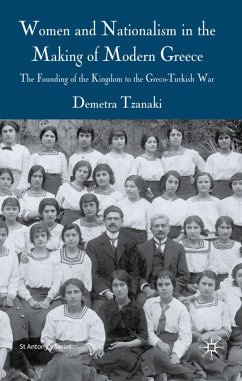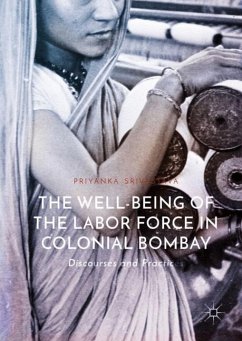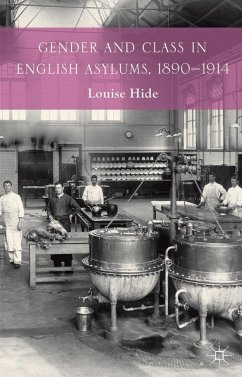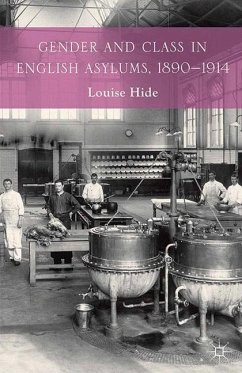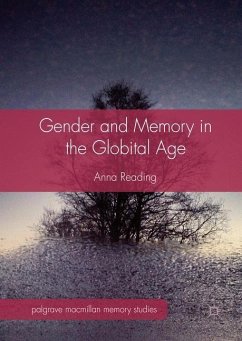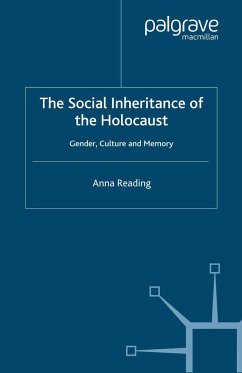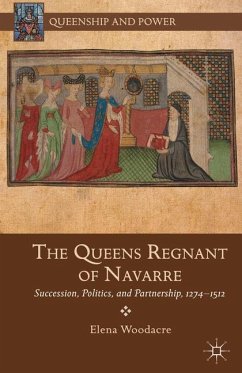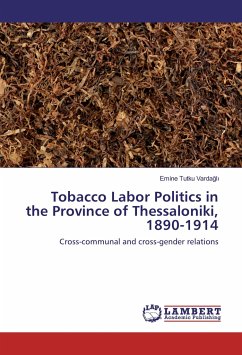
Tobacco Labor Politics in the Province of Thessaloniki, 1890-1914
Cross-communal and cross-gender relations
Versandkostenfrei!
Versandfertig in 6-10 Tagen
59,99 €
inkl. MwSt.

PAYBACK Punkte
30 °P sammeln!
This book brings back the key questions of labor movements from the point of new labor history approach as an alternative to the classical theories. Positioning the laborers themselves at the center of gravity, this book examines the role of community and gender factors within the labor movements. Gender composition and communal belongings of the laborers have been debated so far as the major cleavages of the labor movements. Late nineteenth and early twentieth century Thessaloniki offers a fertile ground to test this premise due to its cosmopolitan labor demography in which the women were als...
This book brings back the key questions of labor movements from the point of new labor history approach as an alternative to the classical theories. Positioning the laborers themselves at the center of gravity, this book examines the role of community and gender factors within the labor movements. Gender composition and communal belongings of the laborers have been debated so far as the major cleavages of the labor movements. Late nineteenth and early twentieth century Thessaloniki offers a fertile ground to test this premise due to its cosmopolitan labor demography in which the women were also heavily involved. The consensus of the tobacco laborers at a time of escalating national conflicts in the Ottoman Balkans is discussed in regard to notion of the local patriotism that developed as a reaction to the women and migrant laborers. Focusing on the commercial workshop laborers, this study offers another alternative to the classical labor theories limited with the industrial factory workers. Last but not the least, this book attempts to transcend the boundaries of national historiography by refering both Turkish and Greek resources.



